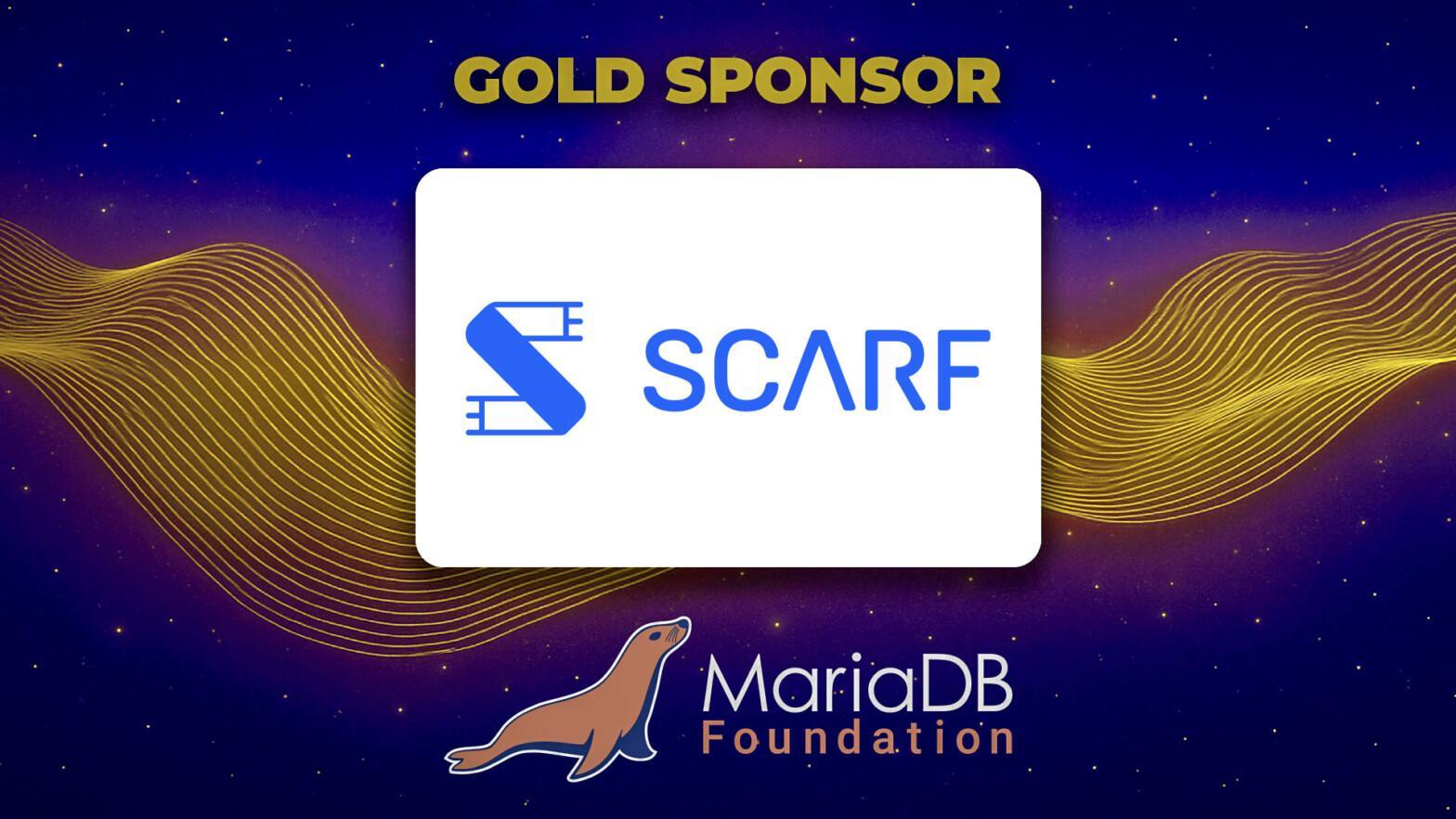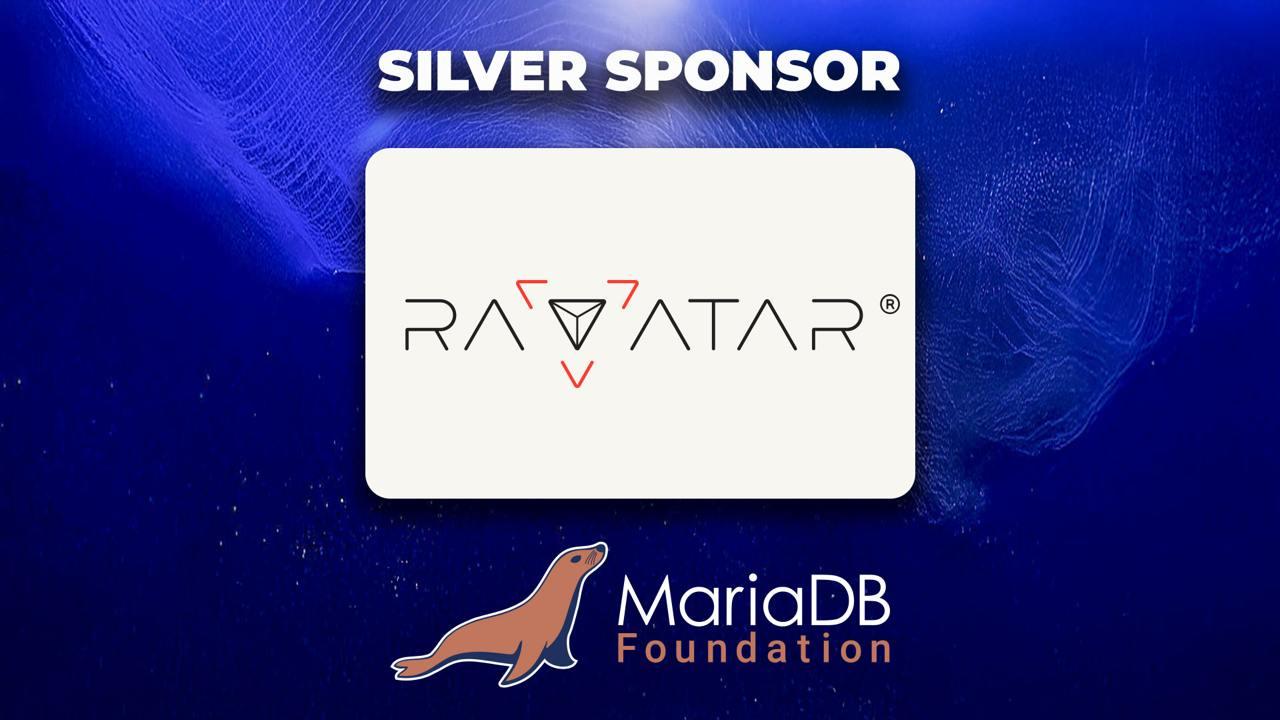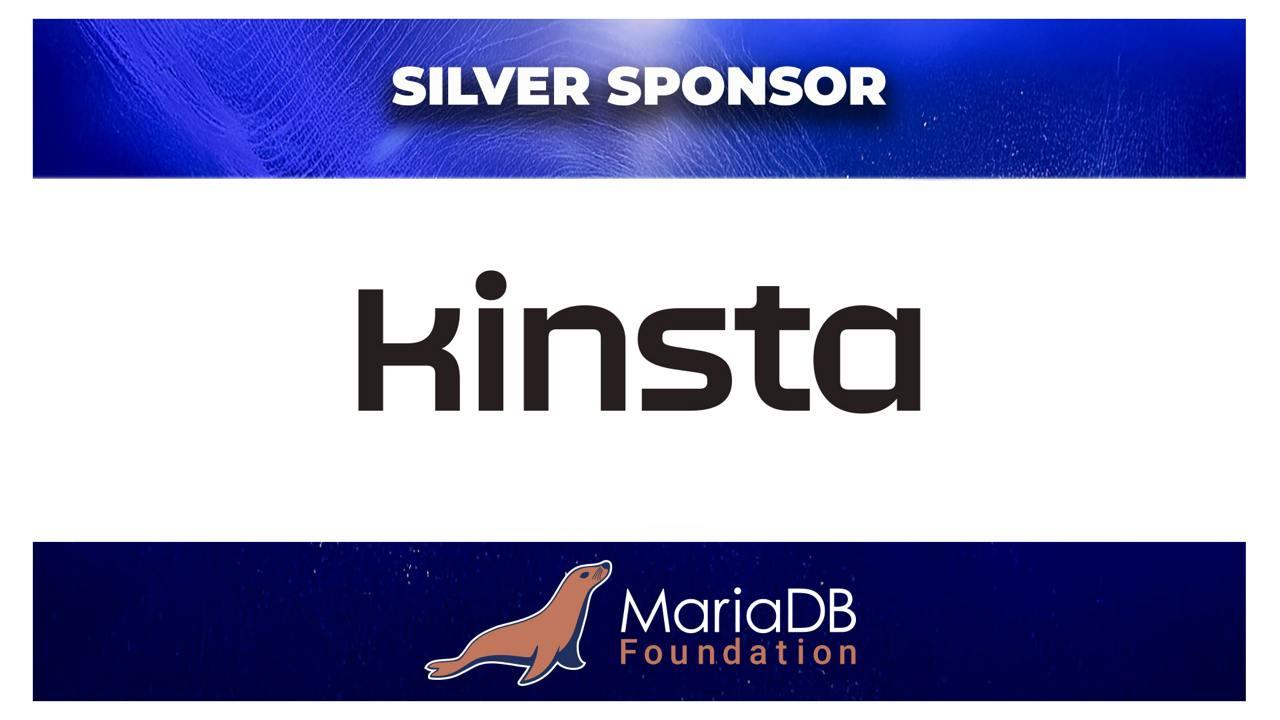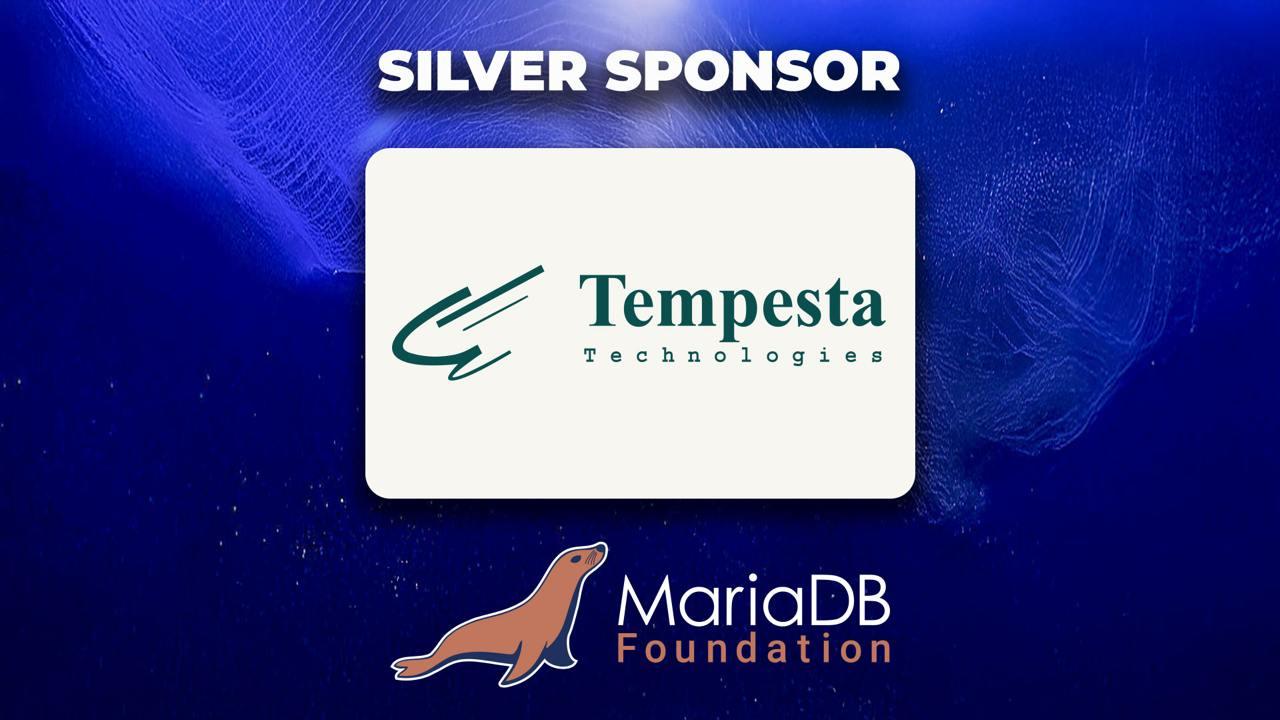Author Archives: Anna Widenius
We are thrilled to welcome Scarf as a Gold Sponsor of the MariaDB Foundation!
Scarf’s commitment to improving open source distribution and visibility aligns closely with our mission to ensure the continued openness, innovation, and sustainability of MariaDB Server. As a platform that helps open-source projects understand and grow their user base, Scarf brings unique value to the ecosystem—not just through sponsorship, but through actionable insights that benefit the broader community.
For the MariaDB Foundation, understanding who uses MariaDB—and how, where, and why—is key to making better decisions. Scarf’s privacy conscious analytics help us move beyond assumptions and anecdotes, giving us real-world data to guide our outreach, improve our documentation, tailor our events, and strengthen our developer ecosystem.
…
Continue reading “Scarf Joins as Gold Sponsor of the MariaDB Foundation”
Legend says Queen Guinevere once presided over a court where knights debated honor and destiny. In my version, the knights bring code diffs, sponsorship agreements, and opinions on open source governance. There’s less jousting, more Zoom calls — and while I lack a crown, I do wield a formidable calendar and an unshakable belief in collaboration.
As I reflect on the May 2025 meeting of the MariaDB Foundation Board, one truth stands tall (in shining armor): the MariaDB kingdom is not divided. It is uniting.
Harmony in the Realm
The collaboration between MariaDB Foundation and MariaDB plc has never been more dynamic — or more impactful.
…
Continue reading “The Round Table Expands: A Queen’s Reflections on Unity and Momentum”
We welcome Senticore Technologies as a Silver Sponsor. Senticore, a leader in engineering and manufacturing applications, focuses on cutting-edge AI solutions, particularly for the aerospace and defense sectors, and powers critical systems worldwide. Senticore addresses these sectors’ concerns with locally deployed LLMs. Their platform integrates PDFs related to manufacturing, maintenance, and inspections processes into the digital thread. MariaDB supports their data-intensive workloads, crucial for high performance, reliability, and security, and its Vector capabilities are particularly important to Senticore’s AI development, enabling efficient storage and retrieval of LLM vector embeddings.
Senticore Technologies is renowned for pushing innovation in complex technical domains.
…
We’re excited to welcome RAVATAR as our Silver Sponsor! A bold innovator in artificial intelligence, RAVATAR is defining the emerging Face of AI through high-quality interactive digital humans and real-time AI avatars.
By crafting AI that communicates with emotion, insight, and purpose, RAVATAR advances its mission to humanize technology, making tech feel like a conversation rather than a command.
Their support for open-source communities like ours speaks to a clear commitment to shared innovation, radical transparency, and AI that puts people first. This partnership resonates deeply with our own AI ambitions, especially the development of MariaDB Vector, which brings scalable vector search and retrieval-augmented generation (RAG) capabilities into the hands of developers worldwide.
…
Continue reading “RAVATAR becomes Silver Sponsor of MariaDB Foundation”
I suppose not all of my readers have a first hand (or even second hand) experience of the girls-night-in. So let me shed some light on this sacred ritual of tea, sympathy and soul-baring conversation that zigzags from the ridiculous to the profound and back again in under 30 seconds.
There a few eternal mysteries that always seem to come up –
Like:
“Why do I have nothing to wear when my wardrobe is clearly full of clothes?”
And:
“Why does cat food smell weirdly delicious?”
(Okay, I do know the answer to that one: stop crash-dieting already!
…
Continue reading “The Queen, the contributions and the wardrobe”
We’re pleased to welcome Kinsta as a Silver Sponsor of the MariaDB Foundation. Kinsta, one of the leading managed WordPress hosting providers, powers thousands of websites globally with a platform built for speed, scalability, and security — and MariaDB plays a central role in that architecture.
Kinsta also holds the highest G2 score of any managed hosting provider or web hosting provider. In 2022, the company was listed under the “Top 100 Fastest Growing Products.” Kinsta offers 24/7 support 365 days a year – in five languages – from its team of expert engineers. With its new Application Hosting and Database Hosting services, plus hosting for WordPress that offers support for complex installations such as Bedrock, reverse-proxy configurations, and tools such as SSH and WP-CLI, its entire platform is built with developers in mind.
…
Continue reading “New Silver Sponsor: Kinsta Chooses MariaDB for Scalable, Open WordPress Hosting”
There’s a question I like to ask people sometimes—especially at turning points:
“What’s your word?”
One word to capture how you feel, where you are, or what’s driving you right now. No explanations. Just instinct.
Today, mine is: Adventure.
Not necessarily the reckless kind, but the kind that stretches you—where you step into something unfamiliar and see what happens. That’s exactly what this season at MariaDB is like.
And maybe the most “adventurous” thing I’ve done so far? Emailing Andy Pavlo.
…
Continue reading “The Queen’s Gambit: Through the Looking Glass into the Query Optimizer”
We are delighted to welcome Tempesta Technologies as a Silver Sponsor of the MariaDB Foundation!
Tempesta Technologies is the developer of Tempesta FW, an open-source hybrid of a web accelerator and a multi-layer firewall. Engineered for maximum efficiency, Tempesta FW is tightly integrated with the Linux TCP/IP stack and leverages cutting-edge technologies to deliver exceptional web application performance. It provides robust protection against DDoS and web attacks while ensuring smooth, high-speed operation under normal conditions.
This partnership underscores MariaDB Server’s continued commitment to performance and efficiency—not just in terms of database speed and scalability, but across the broader ecosystem that powers modern web infrastructure.
…
Continue reading “Tempesta Technologies Becomes Silver Sponsor of MariaDB Foundation”







